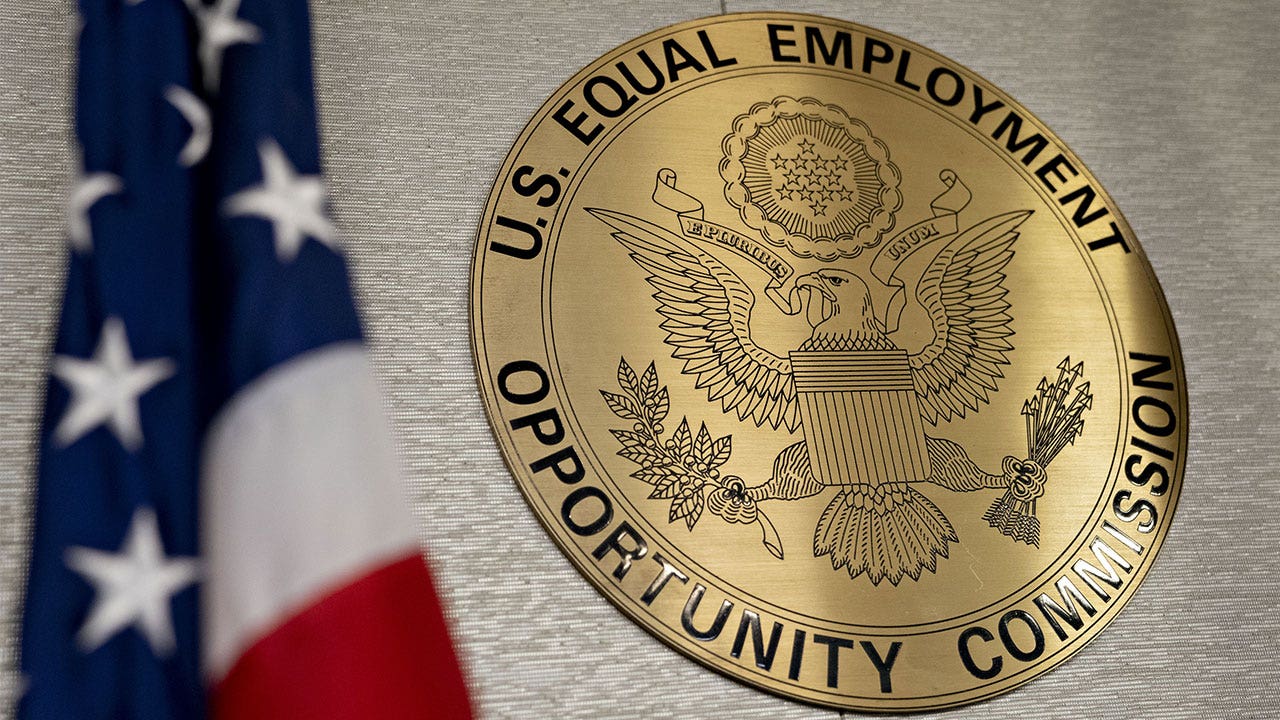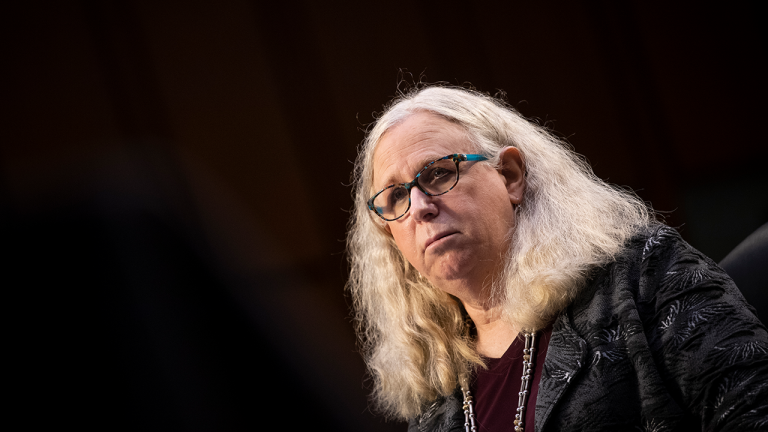Judge decides Louisiana and Mississippi do not have to provide abortion accommodations for employees.
A federal judge recently granted a preliminary injunction in response to a case brought by Louisiana, Mississippi, and a group of Catholics seeking to halt a federal rule that would have required them to provide workers who wanted to get abortions with time off and other accommodations. This decision by Judge David Joseph offers temporary relief in two consolidated lawsuits – one filed by the attorneys general of Louisiana and Mississippi, and another by the U.S. Conference of Catholic Bishops, Catholic University, and two Catholic dioceses.
These lawsuits challenge rules issued by the Equal Employment Opportunity Commission (EEOC) that include abortions as one of the pregnancy-related conditions addressed by the Pregnant Workers Fairness Act, which went into effect last year. Judge Joseph’s injunction prohibits the EEOC from enforcing the abortion provision of its rules against the Catholic plaintiffs and employers in Louisiana and Mississippi while the legal proceedings unfold.
Louisiana Attorney General Liz Murrill praised the District Court’s interpretation of the Plain Words of the Pregnant Workers Fairness Act, calling it a common-sense approach. While the ruling is a partial victory for Louisiana and Mississippi, who sought a broader injunction, it drew concern from civil rights and women’s advocacy groups who emphasized the importance of the EEOC rules in implementing the Pregnant Workers Fairness Act.
Over 20 organizations, including the American Civil Liberties Union and the National Women’s Law Center, highlighted the significance of the EEOC rules in providing clarity and protections for pregnant workers who are denied accommodations by their employers. The limitations imposed by the recent ruling may make it challenging for women to access abortion-related accommodations in the workplace, affecting their ability to navigate career advancement and entrepreneurship.
Although the ruling has raised concerns among advocacy groups, it is essential to note that pregnant and postpartum workers still maintain their rights under the Pregnant Workers Fairness Act. The legislation, passed with bipartisan support in 2022, aimed to address longstanding disparities in workplace accommodations for pregnant individuals, ensuring they receive necessary support and flexibility during their pregnancy and postpartum period.
However, differences in interpretation arose when the EEOC stated that abortions are covered under the law. While some lawmakers, including Senator Bill Cassidy, expressed reservations about this inclusion, the EEOC justified its position based on previous legal interpretations and court rulings supporting the incorporation of abortion as a pregnancy-related condition.
The regulations clarify that employers are not obliged to provide health insurance coverage for abortions and that accommodation requests related to abortions would primarily involve time off for the procedure or recovery. Any conflicts with state laws on these matters are intended to be addressed on a case-by-case basis, according to the EEOC.
The attorneys general in their lawsuit argued that the EEOC’s regulations compel states like Louisiana and Mississippi to contravene state laws and effectively facilitate abortions. Mississippi prohibits most abortions after 15 weeks, while Louisiana allows exceptions in cases where continuing the pregnancy poses a significant risk to the mother’s life or health or in instances of fatal fetal abnormalities.
The U.S. Conference of Catholic Bishops, a party to the lawsuit, expressed support for the Pregnant Workers Fairness Act but contested the EEOC’s interpretation, claiming it goes against the law’s original intent. Attorney Laura Wolk Slavis, representing the Catholic groups, characterized the EEOC’s actions as imposing a national abortion-accommodation mandate, deviating from the bipartisan protection initially envisioned for pregnant individuals.
As the legal battle continues, it is crucial to recognize the diverse perspectives and implications of the ongoing debate surrounding abortion accommodations in the workplace. While judicial decisions like the recent injunction in Louisiana and Mississippi shape the enforcement of federal rules, broader discussions within the legal and advocacy spheres will continue to influence the implementation and interpretation of laws affecting pregnant workers and their rights.
Ultimately, navigating the intersection of reproductive rights, workplace accommodations, and legal frameworks requires a nuanced understanding of the complexities inherent in protecting and supporting pregnant individuals in various professional settings.








